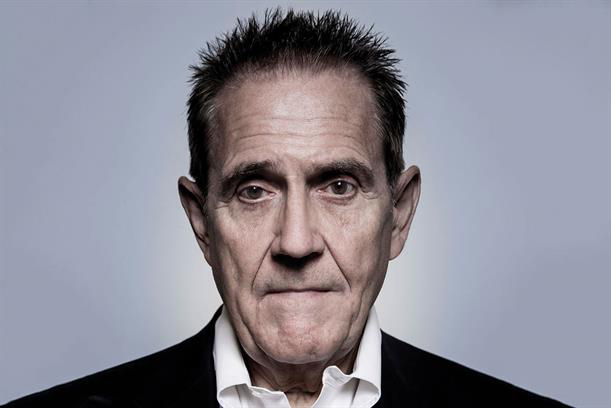Ruth Bader Ginsburg (RBG) was one of the most successful advocates for female equality.
But she didn’t do it just by arguing for female equality.
She was much more creative than that.
She did it by arguing for equality for men.
Why would she do that?
Because she knew that arguing just for women’s rights wouldn’t bring equality.
That would be arguing for preferential treatment and she didn’t want women placed on a pedestal and patronised.
She wanted men and women treated as equals, and that’s a two-way street.
That was why she chose so many men as her clients.
Also, she knew that all 12 members of the Supreme Court were men.
So she never referred to "sex" she only referred to "gender" discrimination.
That way it was clearly about citizens’ rights, not just men versus women.
The part of the Constitution she mainly used was the 14th Amendment.
This was written after the Civil War, in 1868, to force Confederate states to recognise ex-slaves as free and equal citizens.
RBG used the 14th Amendment to get recognition for women as free and equal citizens.
For instance, a young man, Curtis Craig, was a military veteran who wasn’t old enough to buy a beer.
A woman could buy a beer at 18, but a man had to be 21.
This was because women were considered more demure and dainty than young men.
RBG argued this was unconstitutional, men should have the same rights as women.
RBG won that case: equality for men and women.
No one could understand why she was arguing against a law that favoured women.
But that was her strategy – equality means equality for all.
In another case she argued against a law that made jury service compulsory for men, but not for women.
The law said "women were the centre of home and family life" and should be "relieved of the burden of civic responsibility".
(In other words "Don’t worry your pretty little heads about it".)
RBG won that case: equality for men and women.
Again by arguing against a law that seemed to favour women.
In another case, Lieutenant Sharron Frontiero was killed on active duty.
Her husband, Joseph, had to prove that he relied on her income to help raise their daughter.
If he’d been a widow, he would have received those benefits automatically, because women are seen as dependent on men.
RBG argued that this was gender discrimination against men.
She overturned a law that favoured women and won the case: equality for men and women.
Why RBG was able to advance the cause of gender equality so much was by coming at it from such an unexpected angle.
Instead of just defending women, and only tackling the law when it worked against them, she changed the meaning of equality in people’s minds.
So that equality didn’t just mean making sure women got a better deal.
Equality meant making sure everyone got a fair and equal deal.
That all men and women were equal citizens according to the 14th Amendment.
That was what was so unexpected, so creative.
She said, we don’t just want a better deal for women, we want an equal deal for everyone.
RBG understood what Mary Wollstonecraft wrote, in1792: "Man will never be free until woman is free."
Dave Trott is the author of Creative Blindness and How to Cure It, Creative Mischief, Predatory Thinking and One Plus One Equals Three


